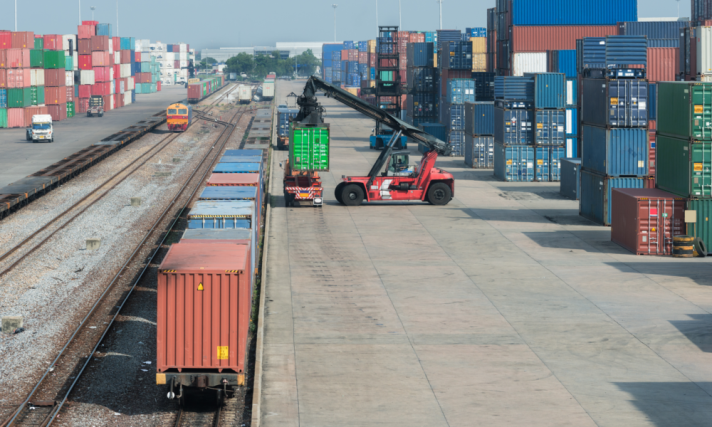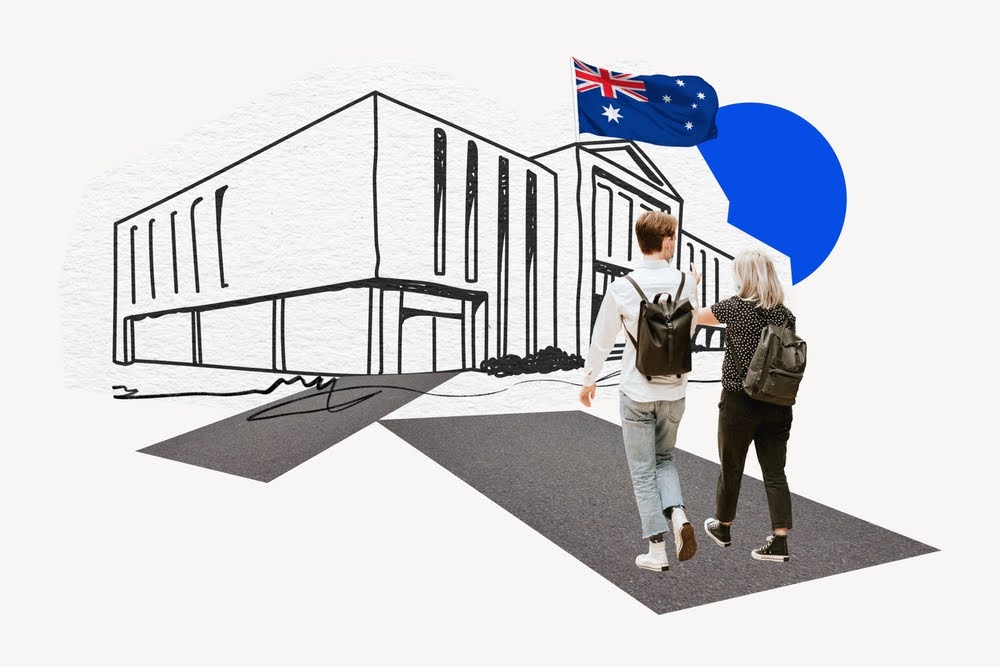
The Future of Tomorrow
Port congestion, whilst a hot topic, is not a new one. There are many articles and stories on the problem and solutions offered to minimise the impact on the port side. Let’s focus on how the issue is addressed landside.
Most supply chain stakeholders are EDI-enabled. While individual businesses recognise and have implemented electronic solutions to optimise their businesses, a port-wide solution needs to be adopted for all the different message types flowing between industry participants. This includes developing standardised messaging to ensure a uniform communication method, to facilitate the efficient movement of cargo in and out of the port.
1-Stop’s VBS was implemented first in Australia in 2005 to address the port congestion and provide some co-ordination around the port precinct. Prior to 2005, trucks in Australia were idle for up to eight hours outside of the terminal, waiting to get into the terminal to load/unload containers. By implementing a standardised booking system, Australian ports no longer experience congestion.
The VBS has been in place in Australia for over 10 years, and the results continue to improve operations and port congestion is minimal, at all times of the year. Greg Winstanley, the National Landside Manager at DP World comments “By matching terminal resources to landside demand, the 1-Stop VBS effectively maximises supply chain efficiency resulting in productivity gains to both container terminals and the container industry.”
When a sophisticated system is in place, operations are leaner, smoother and ready to respond and grow, as the business changes, in addition to being connected electronically to the community. Isn’t this the level of optimisation that we should strive for, both individually and for our port community?
After launching the VBS in the Port of Auckland in 2007, we also implemented it in the Port of Napier in 2013. Within the first year at the Port of Auckland, truck performance improved by 50%. Turn-around times halved from 1hr 4mins in 2006 to 31mins in the same year.
We also witnessed a huge response in landside optimisation for the Manila community. Road congestion in and around Manila port was so severe that in 2014, the city of Manila ground to a halt. A Truck Ban was implemented, where trucks were not allowed in and out of the port during certain times of the day.
In 2015, 1-Stop worked closely with the members of port authority, terminal operators and members of the port community to provide an online solution. Shortly after, the implementation of the Terminal Appointment Booking System (TABS), the VBS for the Philippines community, was created. It was the first step in implementing a Port Community System (PCS) for the region.
In the first month after implementation, terminal volumes were up 18% with the same equipment and labour. In June, this year, it was increased by 44%. Truck trips have increased from one per 24 hours to two. Import dwell times on the quayside, which were at eight to 16 days, have reduced to four days. The result of implementing a port-wide booking system streamlined operations, and in less than six months, received full endorsement by the 17 mayors of Manila. This meant that if truck drivers had a TABS booking, they were exempted from the truck ban through metro Manila. This was a huge win for the import and export community, which allowed the industry to be productive 24 hours of the day.
1-Stop’s impact to the landside operations include: Importers, exporters, freight forwarders, transport operators and terminals have gained more certainty in how they operate, and can rely on consistent and efficient truck turnaround times and service levels Truck turnaround times reduced from 91 minutes to 37 minutes Terminals moved to auto gates with complete
validation that includes container, truck rego, drier and time zone booking The import and export community can clear cargo more quickly through a community payments platform, that links to shipping line and terminal systems for the immediate release of cargo
Since the creation of 1-Stop Connections and the implementation of our Vehicle Booking System across three key areas of the globe, we’ve seen dramatic results regarding landside optimisation.
We are committed to investing in our own technologies, so that our solutions can continue to deliver efficiency gains for the betterment of the entire port community and supply chain participants.
The open platform like ‘1-Stop’ with a variety of apps (such as the 1-Stop VBS, Modal etc) that interconnect into any port wide Eco-system will allow you to reap the rewards of productivity, cost saving and increasing revenue today, whilst being future technology enabled around AI, Blockchain and other advances in technology. The 1-Stop platform of today will enable you for the future of tomorrow.
If you would like to hear more on 1-Stop’s open platform, please contact us at [email protected] or visit our website, www.1-stop.com





























